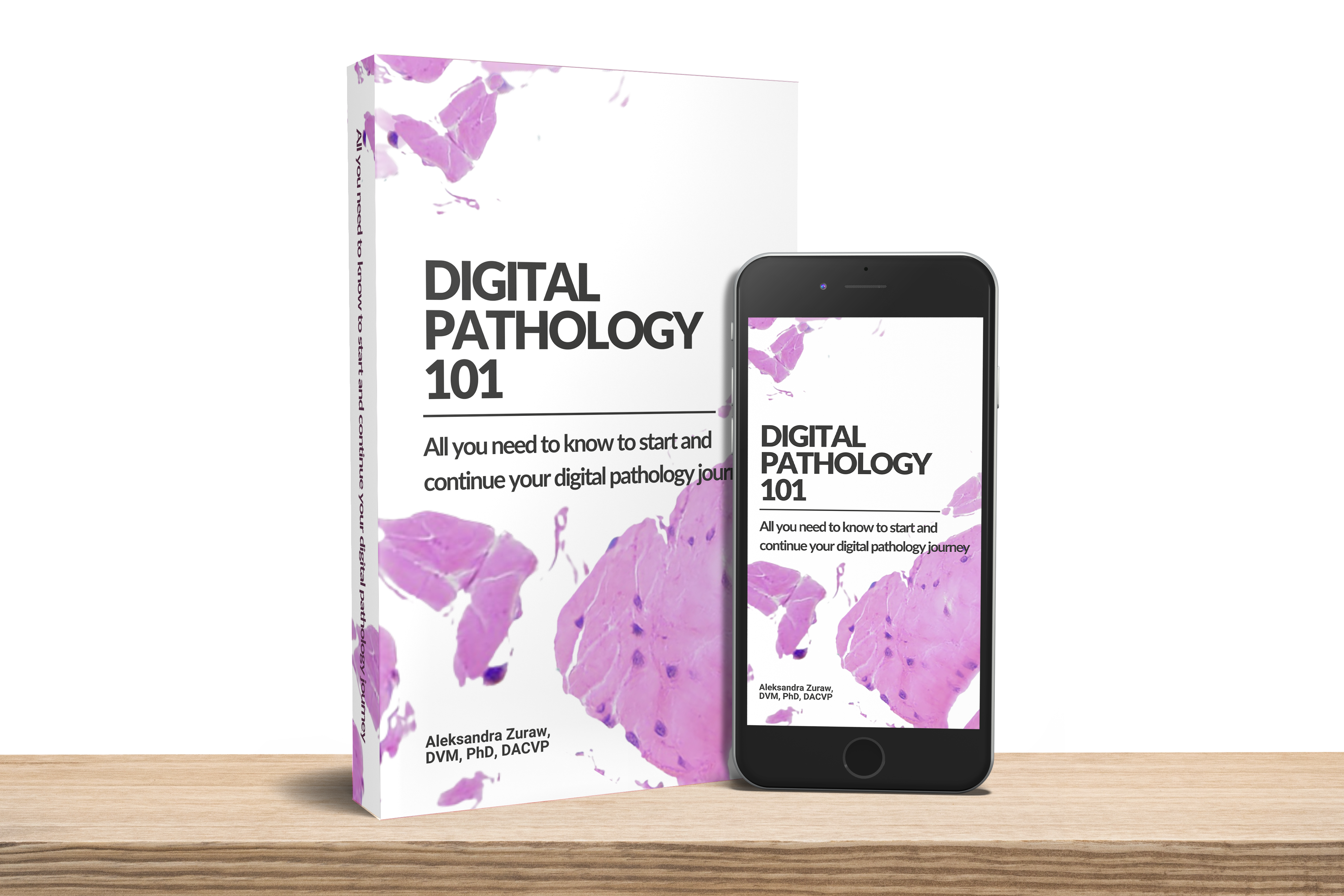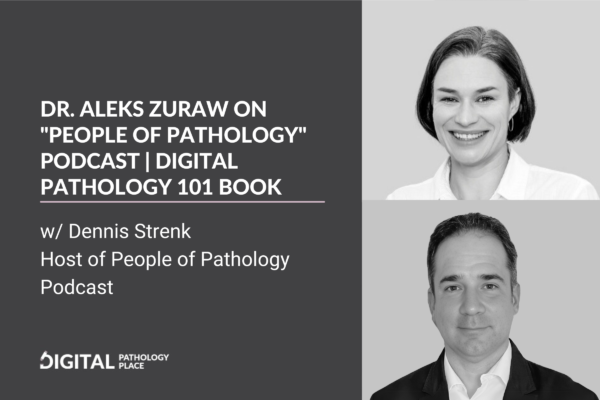The guest of this episode is Donal O’Shea, the CEO, and founder of Deciphex. He has been active in the area of digital pathology essentially since its beginning. He worked in academia and founded several successful digital pathology start-ups before his current one.
Deciphex, in contrast to most digital pathology companies, is focused on non-clinical pathology, and its mission is to facilitate the complete digitization of this space and to contribute to the faster turnaround time of drug development. The means to achieve these goals are two software products: Patholytix preclinical and Patholytics AI.
One of the reasons that the world of toxicologic pathology was lagging behind the world of diagnostic pathology in the digitization efforts was the lack of solutions tailored to this market. Deciphex decided to address all the particularities and nuances of the toxicopathologic workflow through close industry collaborations and by bringing the users to the table during the product development process. This resulted in software that delivers nearly an analog user experience away from the microscope.
Non-clinical pathology may seem like a very niche market, but it is one with very high throughput, handling millions of glass slides every year. Accelerating the review of those slides can contribute to tremendous efficiency gains in the pharmaceutical industry.
Deciphex is tackling this challenge by enabling organizations to do digital pathology peer reviews of toxicopathologic studies. Pathology peer review is typically connected either with the travel of the peer review pathologists or with the shipment of the slides to them, both of which are time-consuming, costly, could result in glass slide damage and disrupt the normal pathology workflow. All this could be eliminated with a digital workflow, which is extremely desired especially during the COVID-19 pandemic. Digital peer review (and in the long term also digital primary review) can be enabled by the Patholytix preclinical software
Another area where Deciphex is focused on helping the pharma industry gain efficiency is artificial intelligence-based generalized abnormality detection in the whole slide images (WSI). This image analysis-based decision support system would flag abnormalities in the WSIs requiring a pathologist review without indicating a diagnosis. This would be of especially great benefit to toxicologic pathology in comparison to diagnostic pathology because most of the slides in a toxicopathologic study are normal. If the review of normal slides could be accelerated by reducing the number of normal slides requiring pathologists’ evaluation and allowing them to focus mostly on the abnormal ones the time necessary for study review would decrease tremendously. These improvements would be made possible by the Patholytics AI software as an addition to Patholytix preclinical.
To remain agile and responsive to the newest computer vision and digital pathology trends Deciphex products maintain an open framework allowing for experimenting with different current and future AI-models.
To learn more about Deciphex and follow their journey visit the Deciphex home page and their LinkedIn and Twitter accounts.















